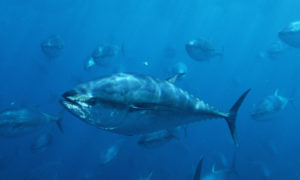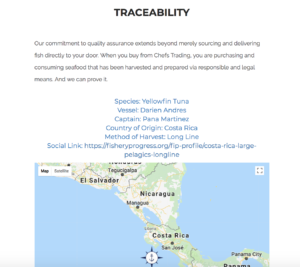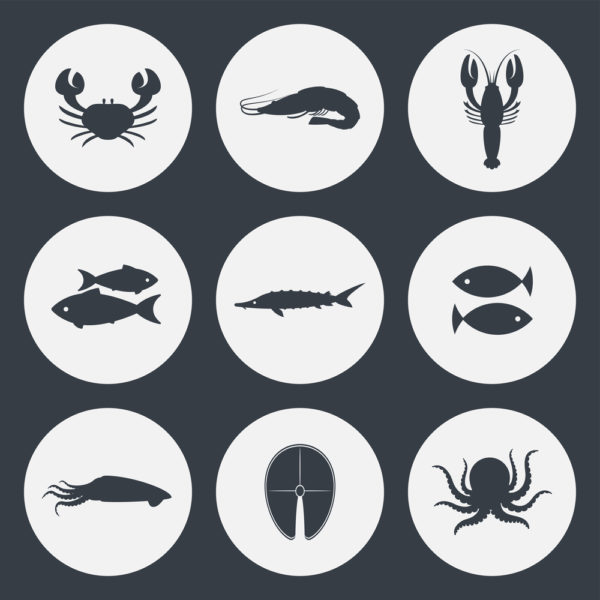Taking A Stance
Seattle Fish Company has long been committed to making the right choices – we pride ourselves on constantly finding new ways to be sustainable, resource efficient and environmentally conscious. We also take the sourcing of our product very seriously. Our Purchasing department works hard to source product of high quality and integrity through research, relationship building and careful consideration.

*Image credit World Wildlife Foundation
Mac Paranto, Seattle Fish Company Sustainability Coordinator and Colorado State University alum, is particularly focused on the impact we’re leaving on the environment when we source our seafood. We want do our part to ensure oceans stay healthy and that seafood is available for future generations, which means sourcing seafood that isn’t overfished and doesn’t damage the ocean environment when caught. We are dealing with a natural resource and must take into consideration demand as well as wildlife conservation.
For example, when Bluefin tuna entered the endangered species list, we took swift action: making the conscious choice to no longer source and sell Bluefin tuna. According to the World Wildlife Foundation (WWF), “Bluefin tuna populations have declined severely from overfishing and illegal fishing over the past few decades –not just Atlantic bluefin tuna, but also Pacific bluefin tuna and Southern bluefin tuna. Population declines have been largely driven by the demand for this fish in high end sushi markets. Although tuna do provide food and livelihoods for people, they are more than just seafood. Tuna are a top predator in the marine food chain, maintaining a balance that is critical in the ocean environment.”
Traceable Alternatives
Bluefin tuna becoming endangered is troubling, however, that doesn’t mean you can’t eat tuna at all. By working closely with our vendor partners, we’re proud to offer two alternative tuna options to our customers: domestic Yellowfin tuna from Hawaii and the Gulf of Mexico (MBA yellow rated), or Yellowfin tuna from a FIP (Fishery Improvement Project) in Costa Rica. These fish are traceable via a QR code which provides information like vessel name, captain, and method of harvest. Should Yellowfin tuna not be available, we will work to source MBA yellow rated Bigeye tuna as needed.
online pharmacy best drugstore for you

*Screenshot courtesy of ChefsTrading CT-tag
Sri Lanka Tuna Fishery Improvement Project
An exciting step in the right direction, Sea Pact recently announced industry funding for a Fishery Improvement Project (FIP) in Sri Lanka that will work to reduce the impact of longline fisheries for yellowfin and bigeye tuna and swordfish on endangered, threatened and protected (ETP) non-target species.
“We look forward to working with all the different stakeholders on this project and helping drive industry change on tuna sustainability forward” said our Chief Operating Officer and chair of Sea Pact Advisory Council, Hamish Walker.
How You Can Help
Eat a variety of seafood! One of the greatest things about this protein is its variety. There are, quite literally, millions of fish in the sea. Ask the seafood specialist at your local grocery store for specifics on what type of fish is in their case, and encourage them to bring in sustainable seafood you can feel great about eating.
online pharmacy buy xenical online best drugstore for you
You can also download Monterey Bay Aquarium’s app Seafood Watch, which provides free, up-to-date seafood recommendations and ratings and places near you that serve ocean-friendly seafood.
For More Information
- If you have any questions on our strategic sourcing strategy, please feel free to contact us at any time by emailing info@seattlefish.com or following our blog on www.seattlefish.com.
- To follow the progress of the Sri Lanka Tuna FIP, visit fisheryprogress.org.
- SeaPact is an innovative collaboration of ten leading North American seafood companies working together to drive seafood industry sustainability progress globally.

